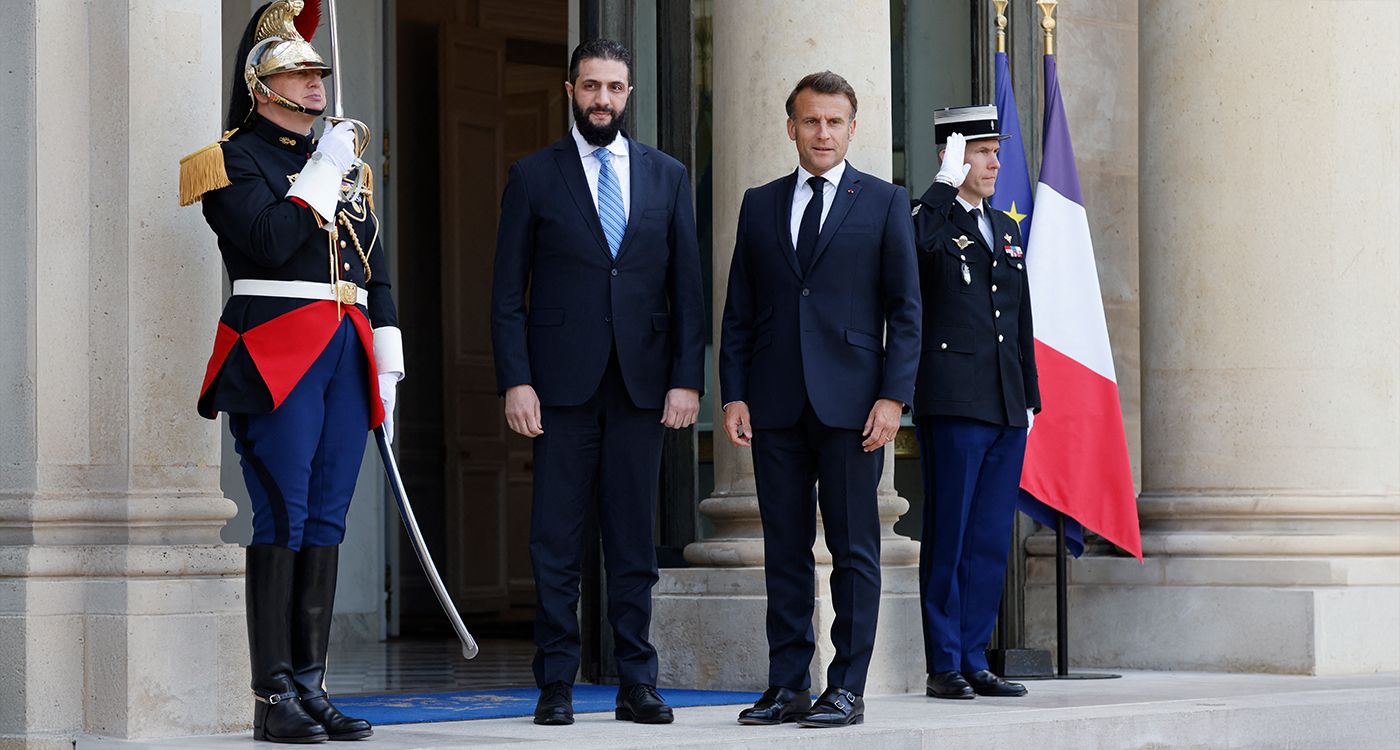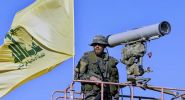
France has stepped in decisively to take a leading role in the border demarcation process between Lebanon and Syria—an initiative announced by President Emmanuel Macron during the visit of Syrian President Ahmad al-Sharaa to France.
According to French sources, Macron expressed his country’s readiness to provide both the Lebanese and Syrian sides with historical documents dating back to before and after the Sykes-Picot Agreement to support the demarcation process.
Ahmad al-Sharaa’s visit to Paris highlighted a shift in international priorities, with the Syrian file now taking precedence over Lebanon on the global agenda.
However, diplomatic sources stress that Lebanon has not fallen off the international radar. In fact, the countries involved in the Lebanese dossier are offering Beirut a limited window to address key issues independently—chief among them, reforms and Hezbollah’s arsenal—within a non-open-ended timeframe. These countries—France, the United States, Saudi Arabia, Egypt, and Qatar, which form the Quintet Committee—continue to closely monitor developments.
Their ambassadors in Beirut are expected to meet soon to assess progress on both the reform front and Lebanon’s efforts to restore its sovereignty and decision-making authority.
Reports have highlighted a key issue Lebanon will face in August, which has already begun to draw attention: the renewal of the international forces stationed south of the Litani River under UN Security Council Resolution 1701.
These reports suggest that discussions in the Security Council will take a different direction this time, with an Israeli-American initiative reportedly agreed upon to amend the mission of these forces—granting them expanded powers of movement and the ability to carry out raids.
This shift is said to have the backing of other Security Council members as well. If approved, these changes could prompt the US administration to reconsider its position on funding international forces in southern Lebanon.
Furthermore, reports suggest that the increased focus on UNIFIL and its mandate stems from Lebanese authorities and Hezbollah’s commitment to uphold UN Security Council Resolution 1701 and the ceasefire terms. However, many key international players remain uneasy about Hezbollah’s interactions with the international forces, particularly its use of the so-called "unity of the people" to obstruct UNIFIL operations. They expect the Lebanese state to address the issue directly and without delay.




Comments